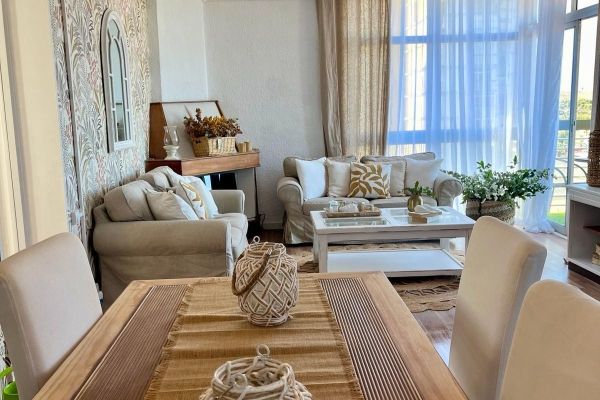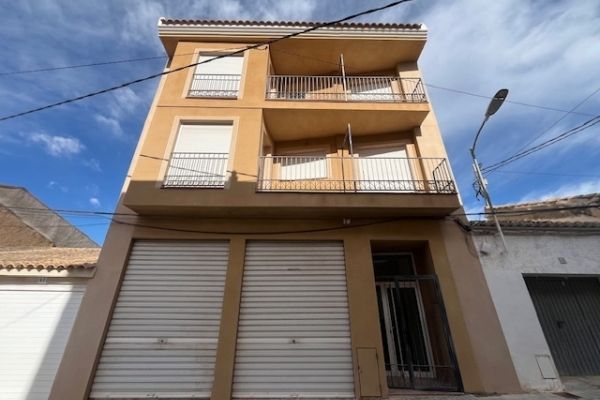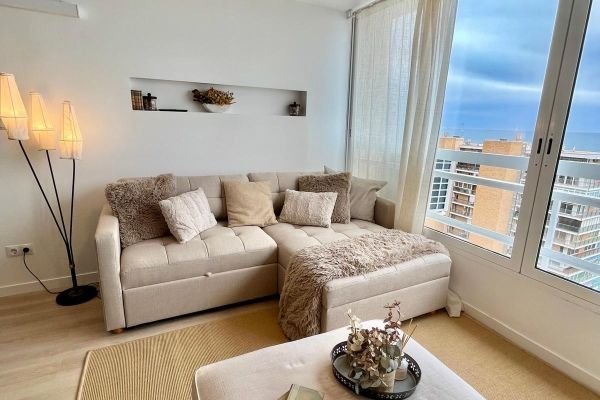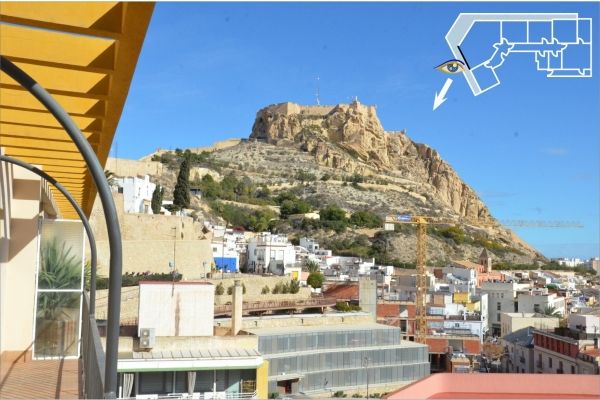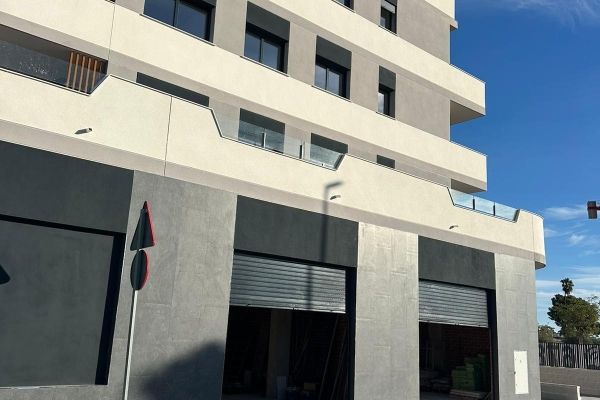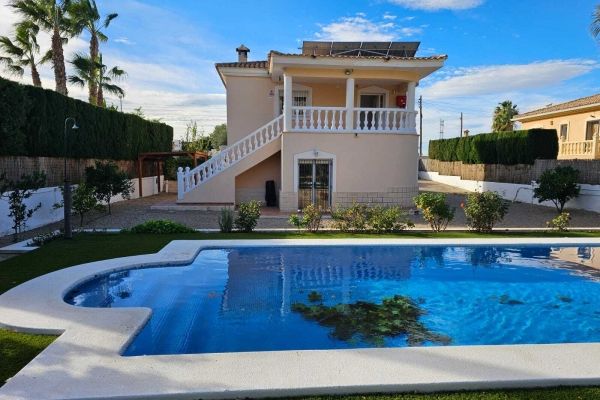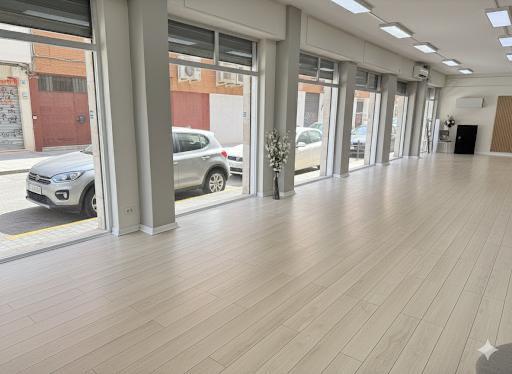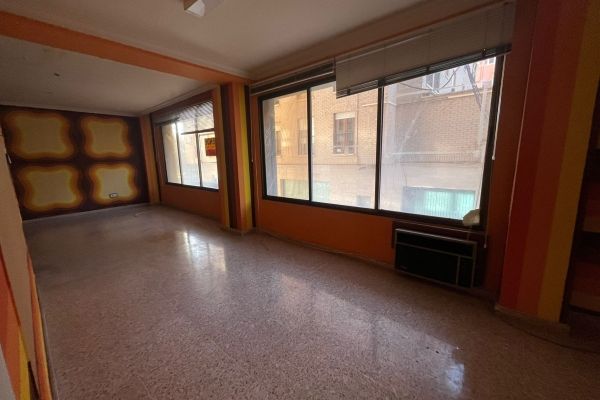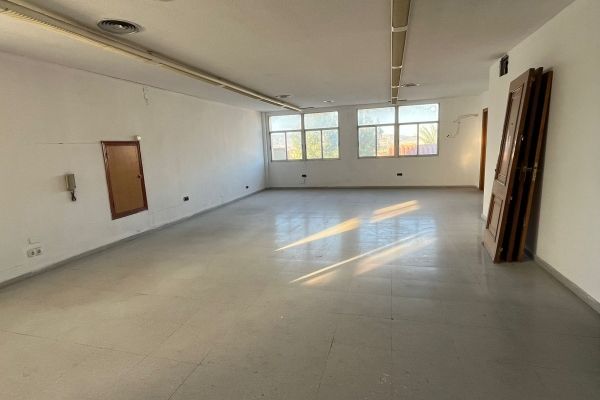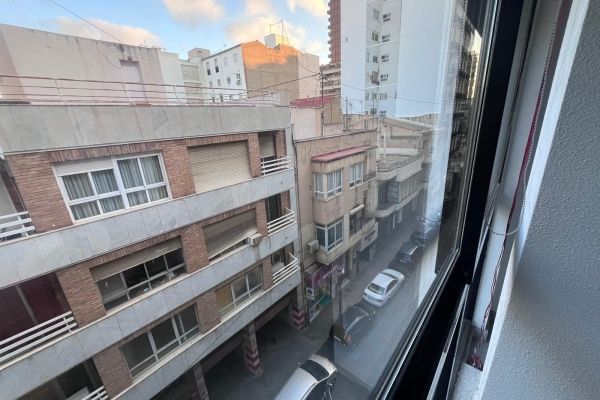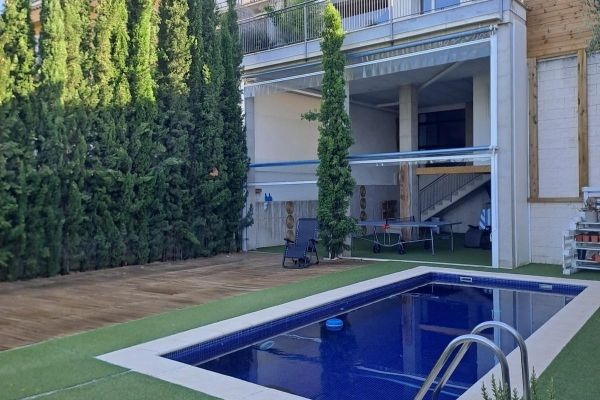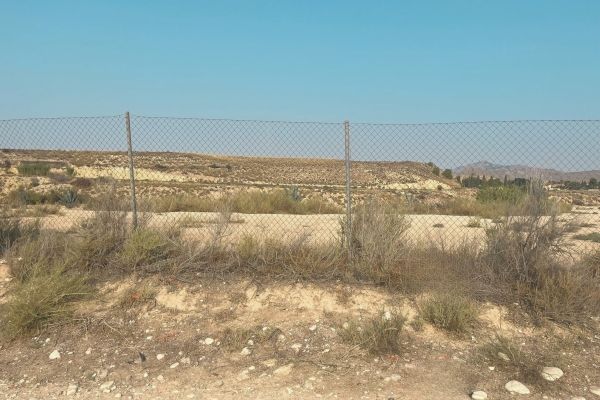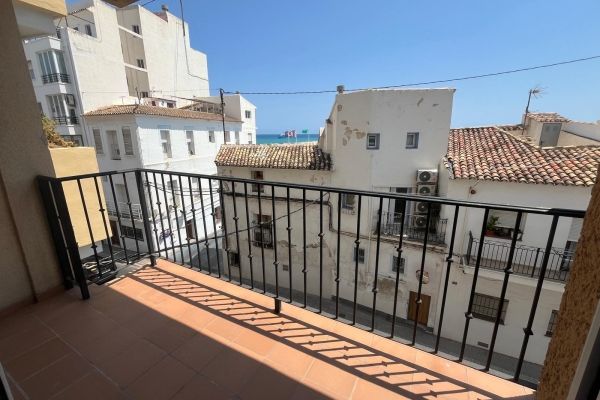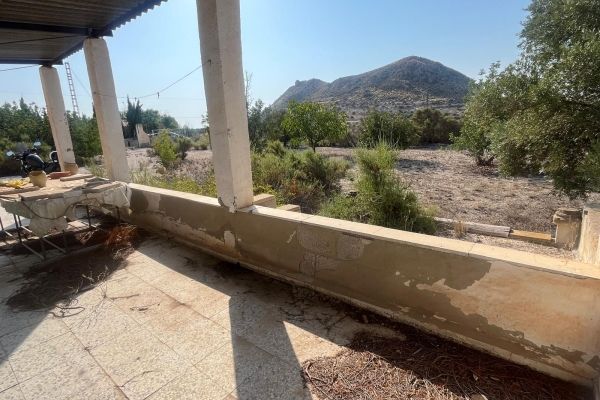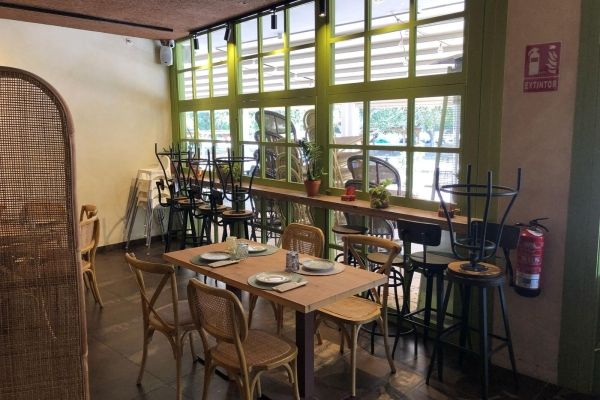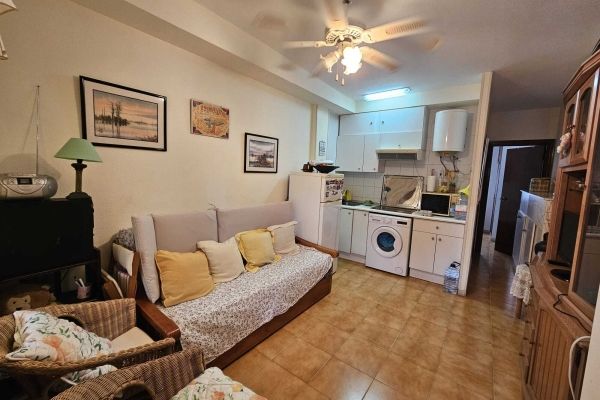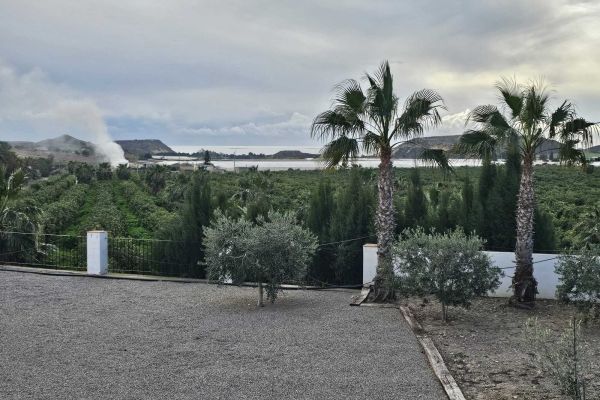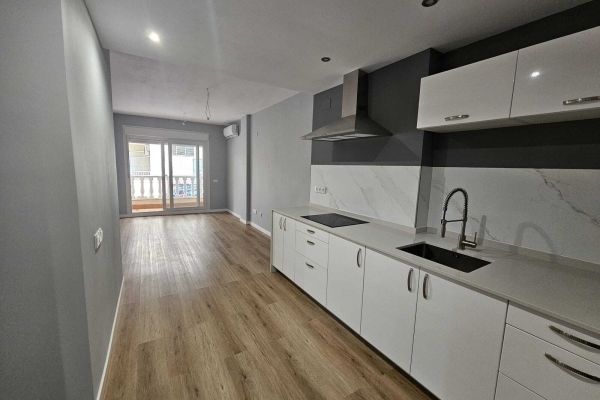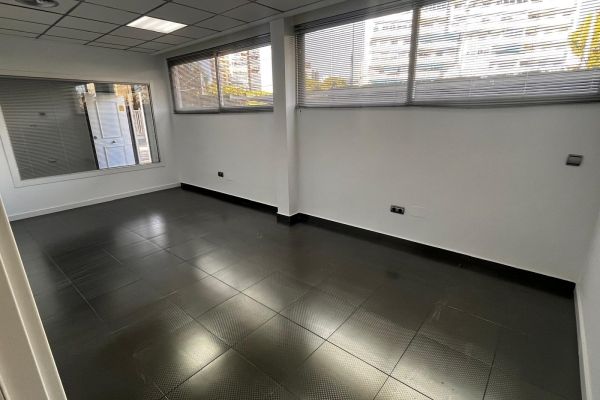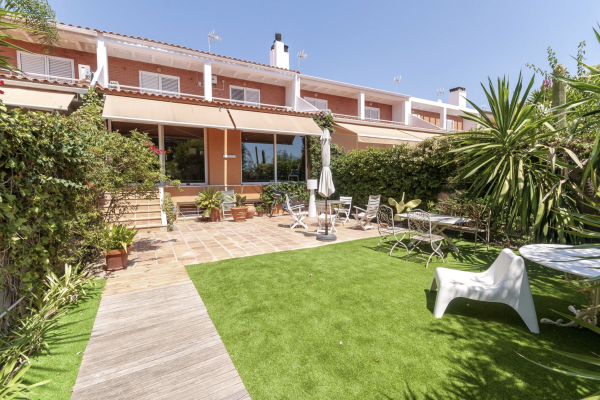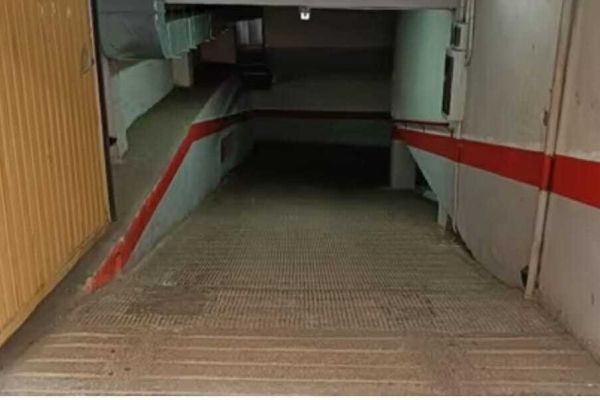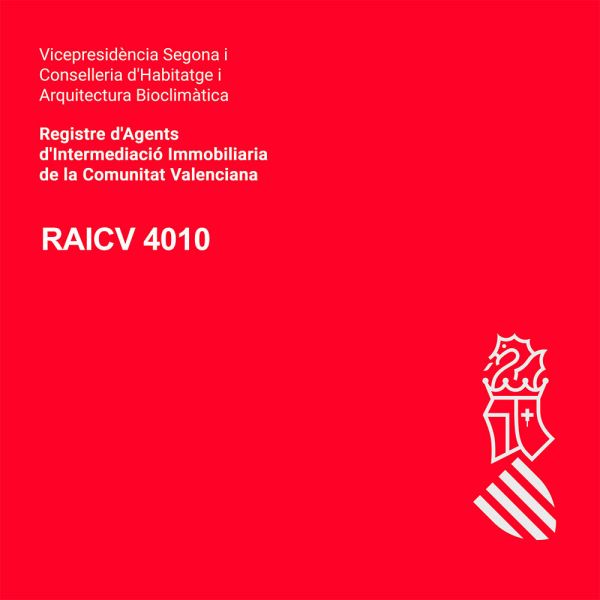What do you need to buy a property in Spain as a foreigner?
Welcome to the path to your dream of owning a property in the beautiful spanish Costa Blanca! We offer a unique experience in this corner of paradise for those adventured spirit with the desire of acquiring a residence in Spain, whether as an investment or as your peaceful getaway for vacation.
We present you the key steps to make your dream of property ownership in this idyllic setting come true. In any event, please don't hesitate to get in touch with our team should you require any information regarding this thrilling process. Let's embark on the journey to your own property in Spain!
1. Foreigner Identity Number (NIE):
First and foremost, secure your NIE number to establish your identity as a non-Spanish resident. This can be obtained through the local Spanish embassy or consulate, and you can choose between a temporary NIE for non-residents and a resident NIE if you plan to make Spain your home.
2. Establish a local bank account:
Simplify financial transactions by opening a local bank account in Spain. This will be instrumental for various aspects of the property acquisition process, including covering notary fees.
3. Price negotiation and property selection:
Once you've identified the property of your dreams, engage in skillful price negotiation with the seller. Prior to negotiations, research market prices by leveraging online valuation tools or enlisting the aid of a professional real estate agent.
4. Mortgage exploration:
If financing is needed, begin your search for a suitable mortgage after pricing assessment. Evaluate different mortgage rate options to select the one that best aligns with your financial strategy.
5. Reservation and deposit agreements:
Once an agreement is reached with the seller, formalize your intent by signing both a reservation contract and a deposit agreement. The latter will determine the loan amount based on the property's official valuation.
6. Valuation and document preparation:
The bank will arrange a valuation specialist, or you can opt for an independent one. Concurrently, ensure you have the required documents in order, including the property report ("nota simple"), structural assessment ("ITE"), and property deed ("escritura pública").
7. Notary appointment:
The notary office plays a crucial role in the process. Here, the property's details and agreement with the seller will be outlined. The notary will ensure your complete comprehension before the official signing of the sale deed.
8. Property registration:
The final step involves registering your property in the official property registry. Congratulations, you're now the rightful owner! However, don't forget to fulfill your property transfer tax obligations.



